Denuvo wants to publish benchmarks to prove its DRM doesn't affect performance of games
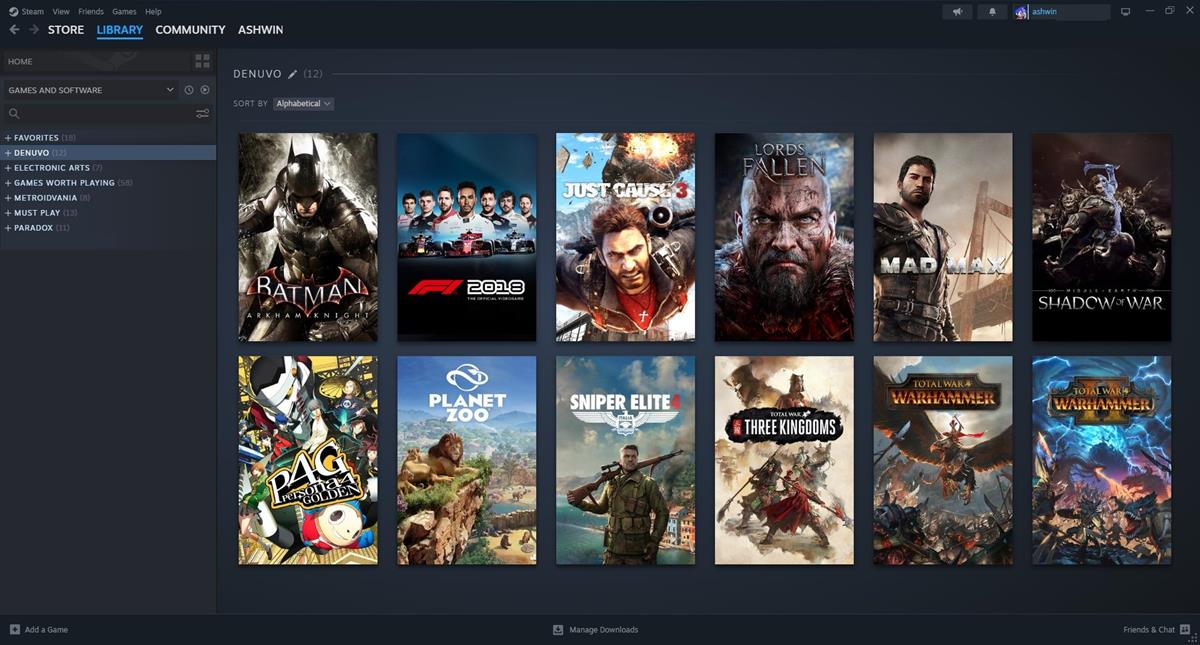
Irdeto, the company behind the Denuvo Anti-Tamper technology wants to publish benchmarks to show that its anti-piracy software does not impact the performance of PC games. If you listen closely, you may hear the laughter of pirates.
When a game runs badly, it is either due to bad optimization by the developer, and/or its DRM. Gamers are well aware of this. Denuvo has often been at the center of controversy of games that run poorly, and we are not just talking about a few frame drops. Resident Evil Village, for example, had a disastrous launch, with many reviewers pointing out that a cracked version of the game ran significantly better than the DRM-crippled version on Steam that had massive stuttering issues. Of course, Capcom had placed its own DRM in addition to Denuvo, which was honestly not a very sensible thing to do. Here's a video by Digital Foundry that compared the performance of the original vs cracked version of the game.
Tekken 7's Director had explicitly mentioned (read blamed) that the game's Anti-tamper 3rd party middleware (Denuvo) was the reason why people were experiencing frame drops. It's not surprising to find the anti-piracy technology in most AAA games these days. Sega and Square Enix are particularly crazy about slapping Denuvo on every game that they release, including obscure ones that eventually flop.
Let's understand something first. Anti-cheat and Anti-tamper are two very different things. Anti-cheating technologies are always welcome to prevent cheaters and griefers in online games. Anti-tamper on the other hand, is just straight up a nuisance. Denuvo's DRM often has online requirement to verify the computer's authenticity. So it is possible that you may not be able to play the game that you paid for, isn't that fun? It's no real wonder why most people dislike Denuvo, and that's exactly what Irdeto wants to address.
Denuvo wants to publish benchmarks to prove its DRM doesn't affect performance of games
Ars Technica interviewed Irdeto's Chief Operating Officer of Video Games Steeve Huin, who said that Denuvo wants to get into the good books of gamers. He defended Denuvo as not being an evil thing, because it prevents piracy of games, and ensures game studios get their money. The company intends to improve its public image with its new program, which will provide reviewers from media outlets with 2 nearly identical versions of a game, one with Denuvo's anti-tamper, and one without. Irdeto hopes that independent benchmarks that are published by the press will help gamers understand that Denuvo does not affect the performance of games.
I beg to differ. There have been multiple instances where it has already been proved that the DRM does impact how well a game can run. Besides, reviewers usually have high-end computers with varying specs than what normal gamers may have access to. Denuvo's impact on a powerful computer may not be the same as that on a regular gaming rig. Benchmarks can be altered, and never deliver accurate results that you may find in day-to-day usage.
My personal experience with Denuvo games
I've played most of Ubisoft's open world games, including every single game in the Assassins Creed series, most of the Far Cry titles (3 to 6), and the recent games in the Ghost Recon single-player franchises. I easily have over 2000 hours across these games, they are my jam.
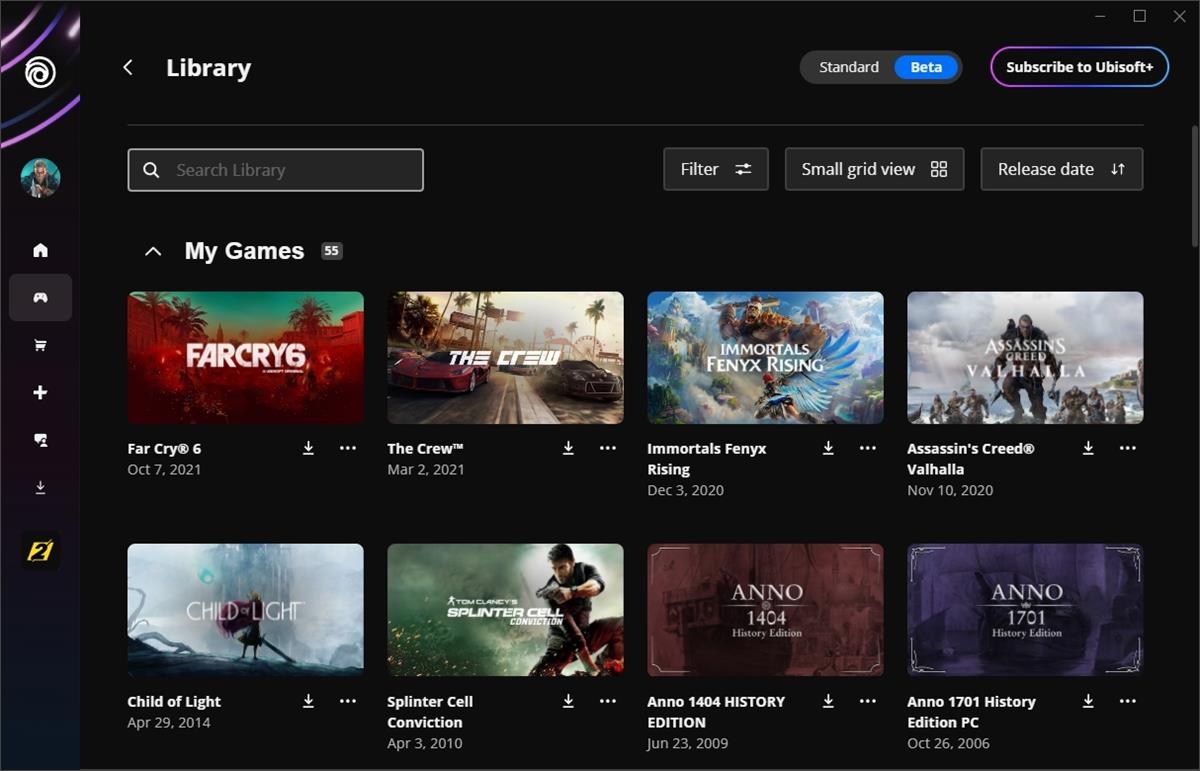
Unlike other AAA games, where I usually just have to lower a couple of graphics settings to get a game running smoothly on my computer, I've always had to resort to some specific steps to get games with Denuvo's DRM to run efficiently. Primarily, this involves capping the frame rate of the game to somewhere between 30 and 45 fps using the Nvidia Control Panel, disabling V-Sync, and a couple of other modifications which may sometimes involve editing a game's setting file. Unless I do this, the games may have significant frame drops or lag spikes. These workarounds helped me get a somewhat stable experience in most of the games.
I found Far Cry 5 (Dunia engine) to have the best performance in Ubisoft's games, and to some extent, Immortals Fenyx Rising (Anvil engine) as well. On the other hand, Assassin's Creed Valhalla was probably more demanding to run, I had to cap it at 30 fps. If these games did not have Denuvo running in the background doing its checks, I'm fairly certain that I would have been able to play them at a higher frame rate. In other words, I feel that the DRM cheapens the experience. This causes the games to become very CPU intensive, which can also cause the thermal levels to rise above normal levels.
I know my computer's limitations, but for context, it can run games like Elden Ring, Red Dead Redemption 2, Horizon Zero Dawn and other top non-Denuvo titles at medium-high settings at 1080p without a hiccup.
Note: Red Dead Redemption 2 does have a DRM, but it's not Denuvo.
Ars Technica's article says that according to r/crackwatch, about half of the games out of 120, since the launch of Denuvo, have been cracked. And some of these were only cracked after the DRM had been removed from the game. That might be good from a publisher or game developer's perspective, but the technology could negatively impact a gamer's experience.
As far as I know, these cracked games bypass the DRM's restrictions that may prevent you from running a game on an unauthorized machine. They may offer better performance than a legit copy like the Resident Evil example that I mentioned earlier. Aren't these proof enough of the fact that a version of a game that does not have Denuvo does indeed perform better? Games like Star Wars Jedi: Fallen Order and Death Stranding (which I had bought earlier) seemed to perform better after the publisher had removed Denuvo from them. I also noticed something similar in the Epic Games version of Batman: Arkham Knight (which is DRM-free), it ran flawlessly as opposed to the Steam version. It hurts as a buyer, when you get terrible performance for a game that you paid for, while pirates get a better experience for free.
While browsing Steam's catalog, I have (jokingly) wondered whether a game's minimum system requirements are for the Denuvo-based version of it, or the DRM-free version. Denuvo may claim that its anti-piracy software has boosted the sales of many games. Personally, it has had the opposite effect on me as a consumer, it changed my spending habits, and I no longer buy games that ship with the DRM because I know I won't have an enjoyable experience with them. On the other hand, I have no problem with day one purchases of DRM-free games and Indies, plus these games are usually more affordable. If a game has Denuvo, it may be worth waiting it out until the anti-tamper DRM is removed and then buy it.
Huin says that publishers license Denuvo technology for a certain amount of time, which could range from six months or a year, to protect the initial sales. Many publishers decline to renew the lease and opt to release an updated version of the game without the DRM. Speaking of which, I find it quite strange that my Steam copies of Batman: Arkham Knight, Mad Max, Middle Earth: Shadow of War, Lords of the Fallen (2014) still have Denuvo, while the GOG versions of the same games do not have the DRM. How hard can it be to publish the same build of the game on Steam? And then there are games that have an always-online requirement, which developers claim offer a better experience, while in reality they don't want people to get the items that they sell via in-app purchases for free.
Game developers need to stop using DRM as an excuse to protect their sales. If your game is good, people will buy it, and yes, pirates who fall in love with the game may buy it too. Stop looking at the cool trailers that may tempt you to buy the game, and instead vote with your wallets, hit them where it hurts, show the publishers you are not willing to put up with this nonsense.



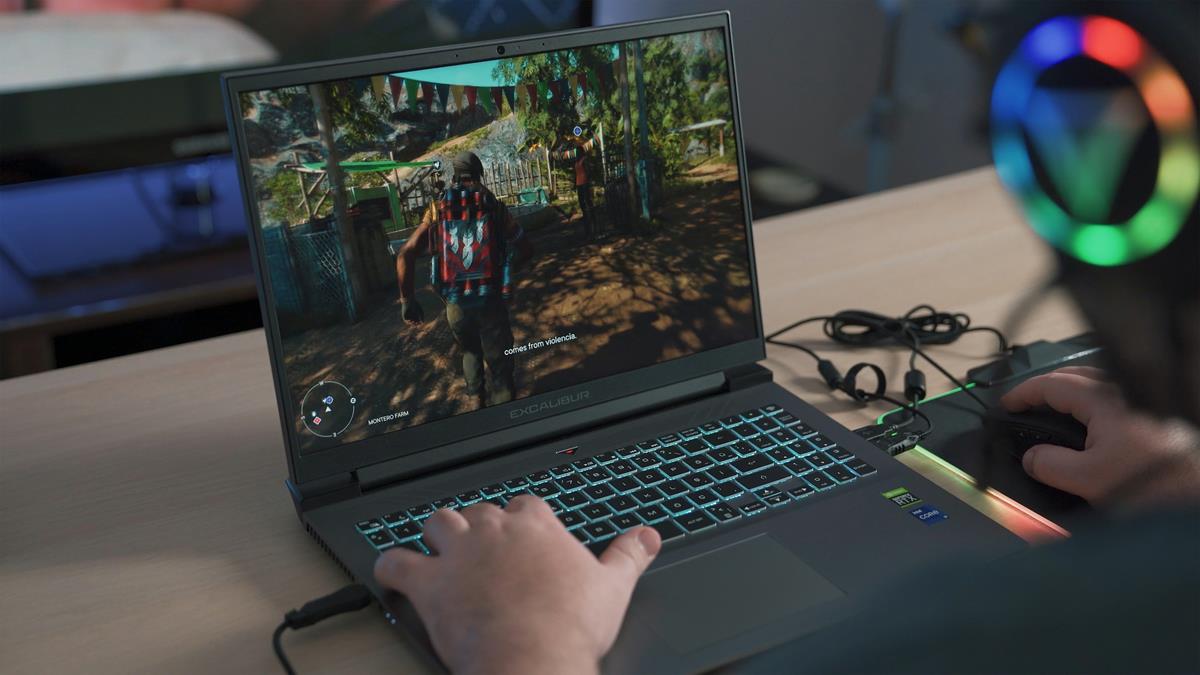
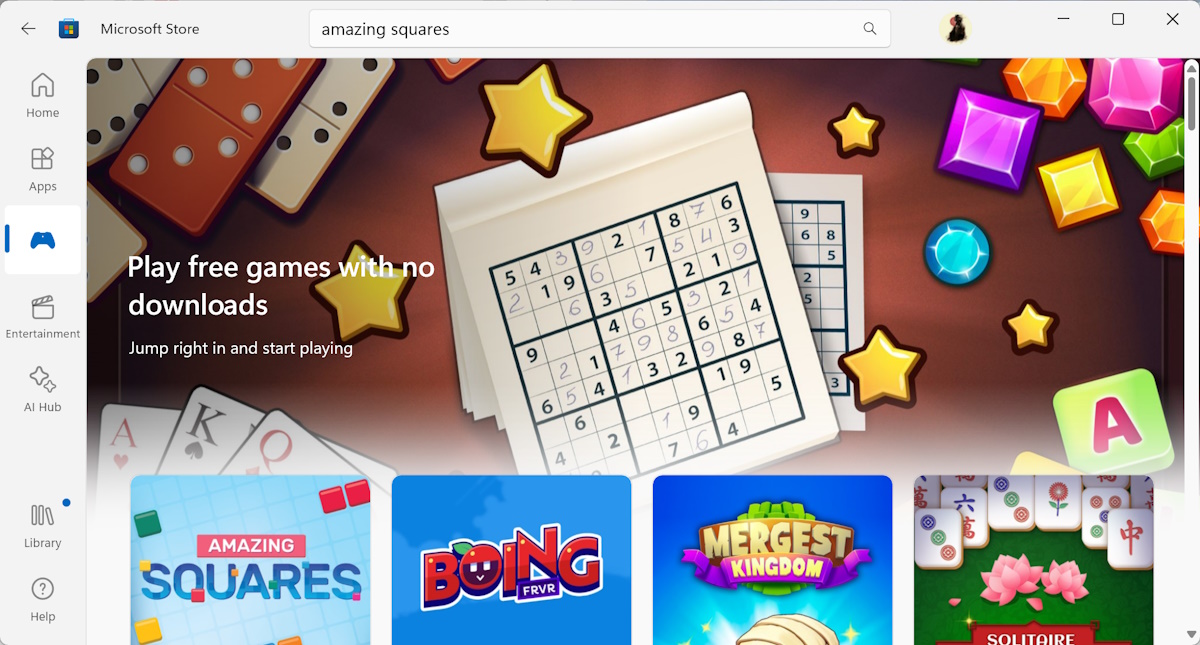

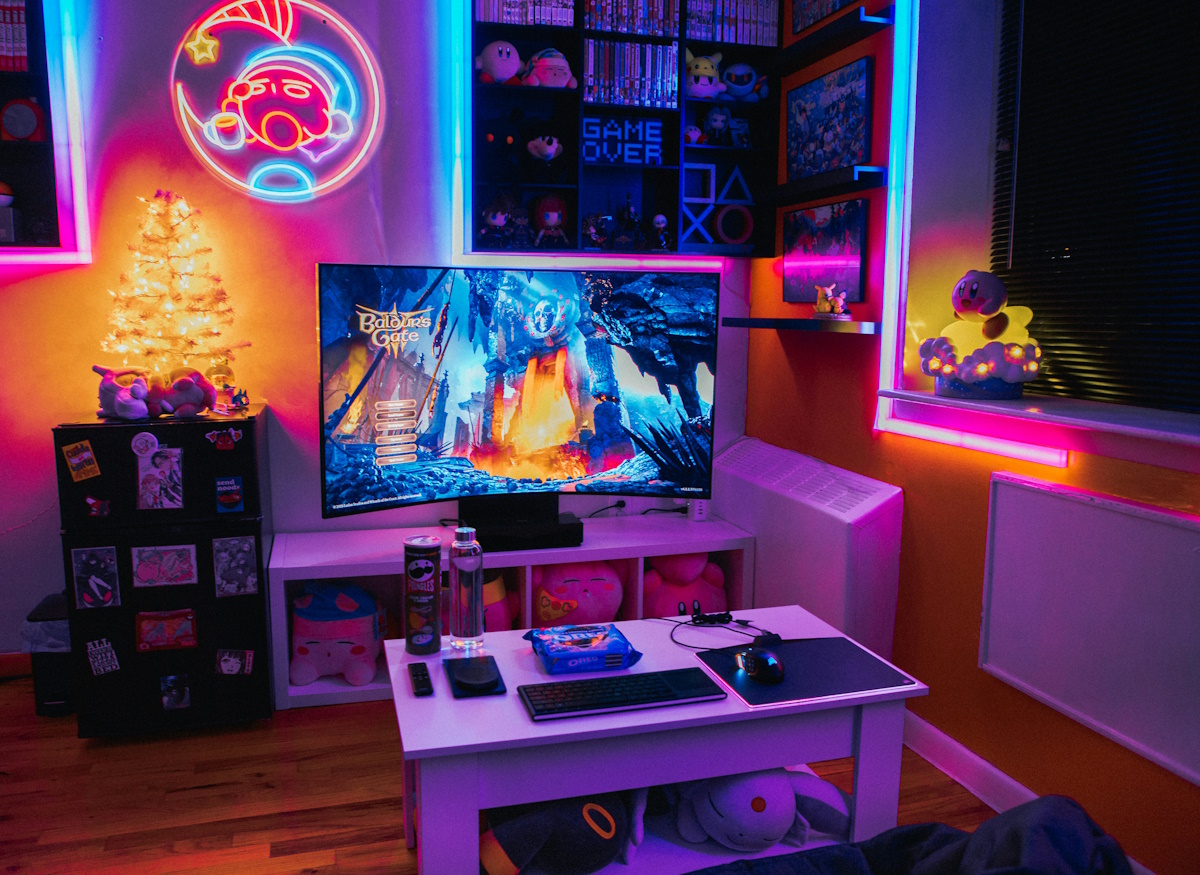



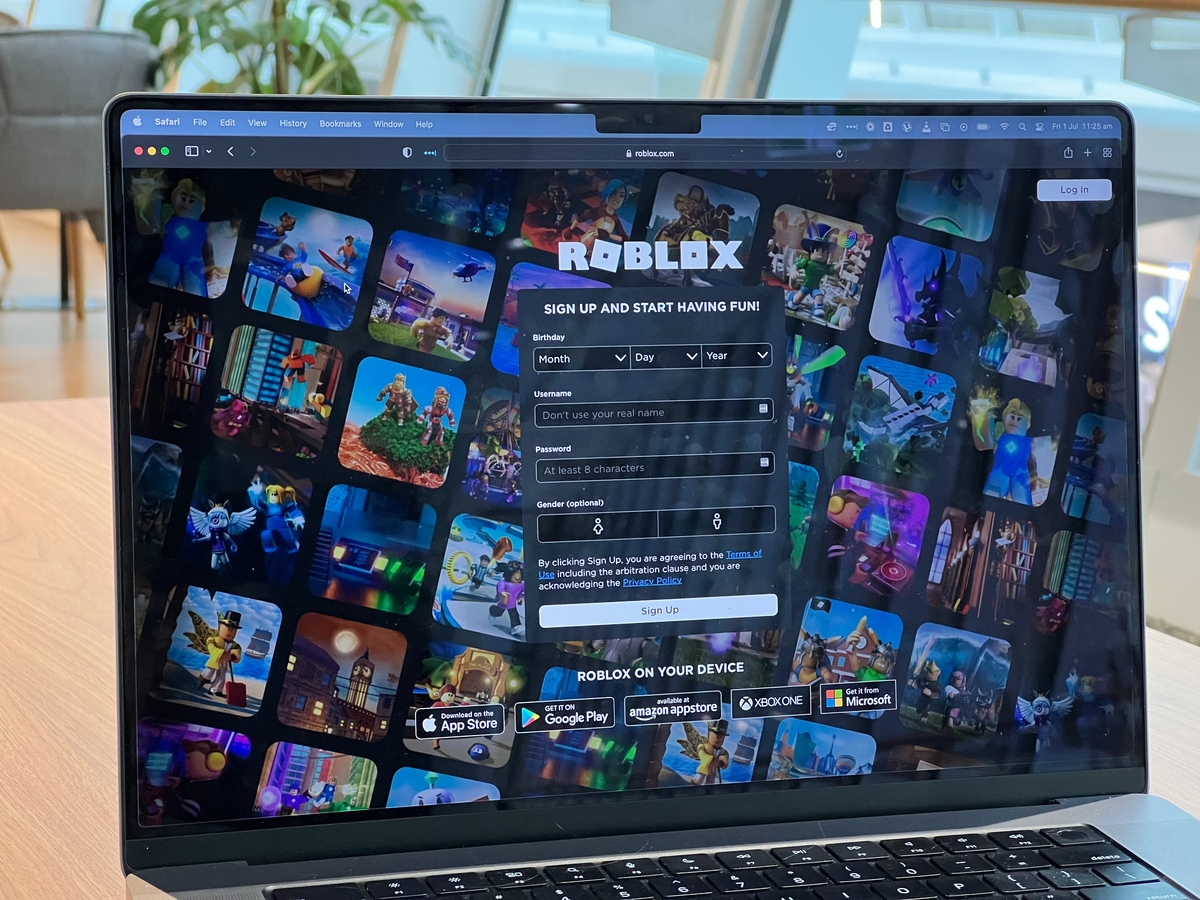
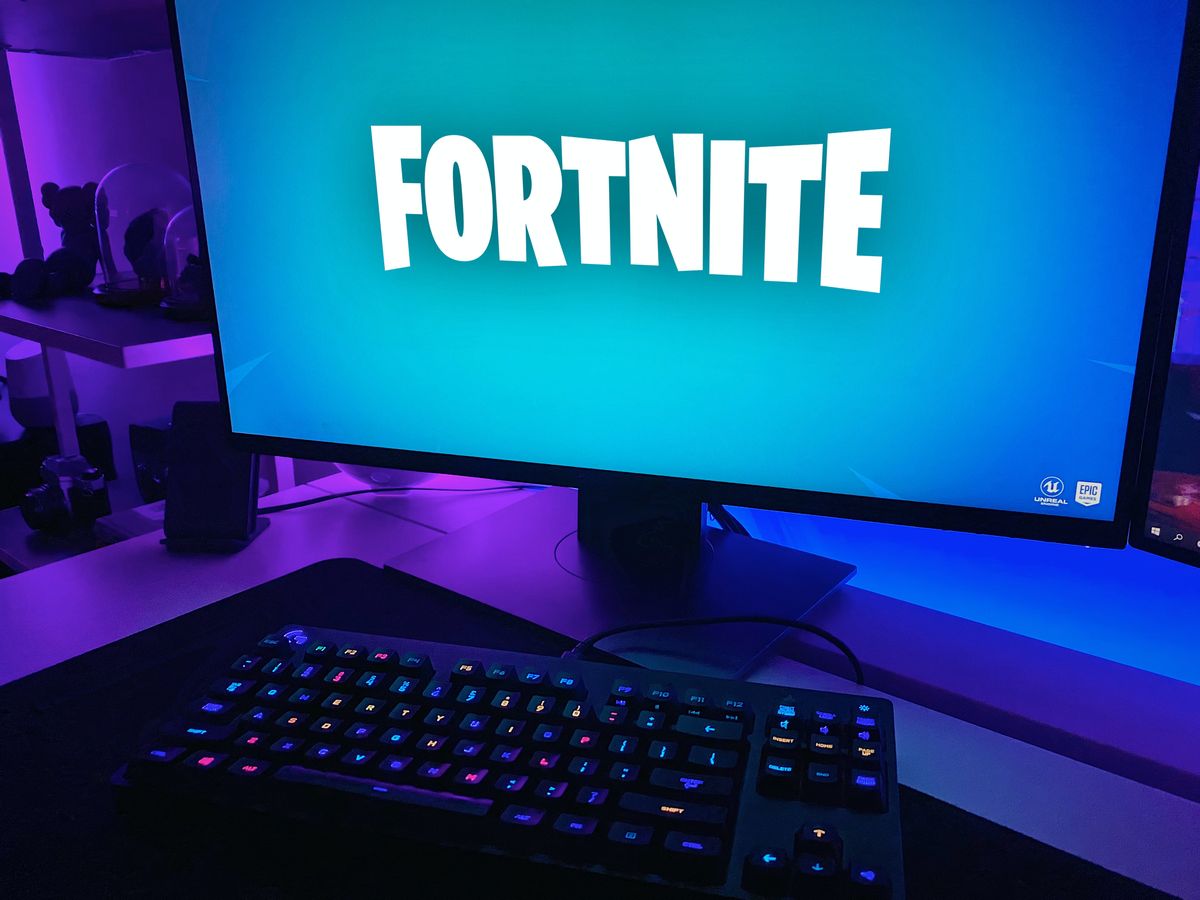
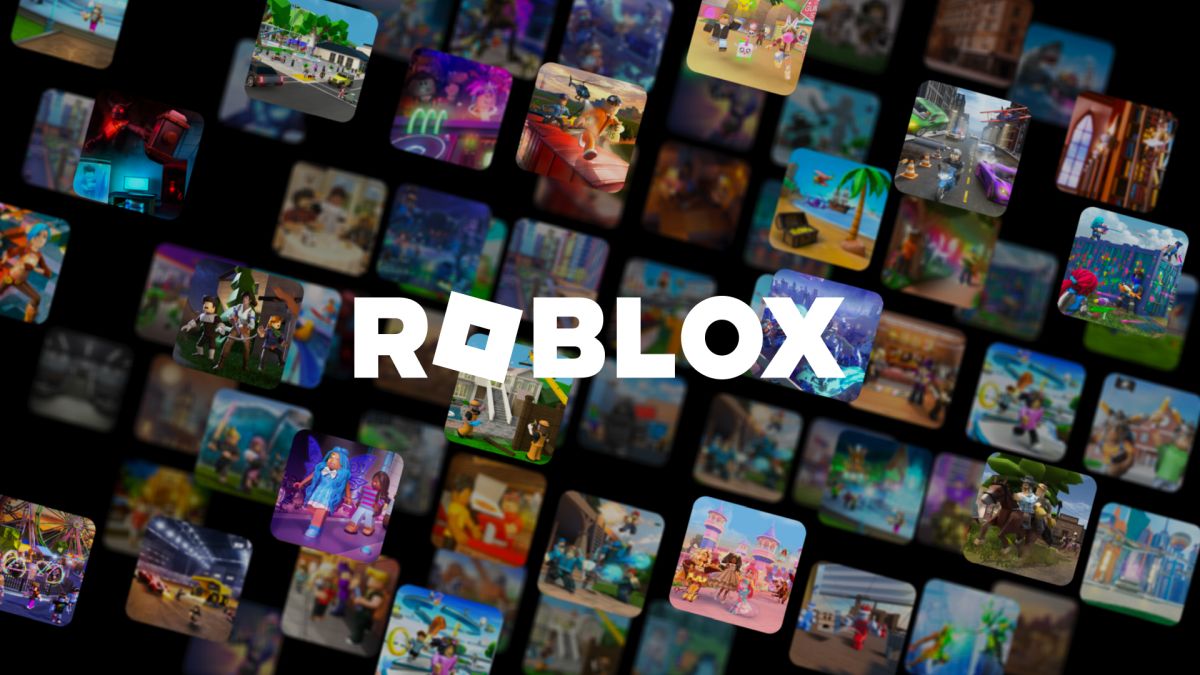










I hate DRM and 3rd party launchers. Rockstar launcher, Uplay and EA origin all terrible and hurts performance.
>The company intends to improve its public image with its new program, which will provide reviewers from media outlets with 2 nearly identical versions of a game, one with Denuvo’s anti-tamper, and one without.
So THEY will cook up two versions and offer to compare them? And we have to take their word for it that they won’t “tweak” the performance of the DRM-free version?
Such benchmarks can be trusted only when they are conducted independently by independent parties and not on samples prepared in advance by an interested party.
>How hard can it be to publish the same build of the game on Steam?
Most Steam users will be unhappy with the same build and there will be a terrible backlash from them. After all, in such a build there will be no achievements, cloud saves and other integration with Steam. Which means that for Steam will have to make a separate build with all this. And this is man-hours (money), which companies by this point do not want to spend on a game.
The article is good, and the practical conclusion here is one (and it’s simple): buy single-player games only from GOG.
And if the game is not available there: don’t buy a game with DRM (no matter what game store – the main thing is not to buy it), and ask in social networks and other available channels when the game will appear in DRM-Free form (the easiest way is to directly ask: when to wait for the release in GOG)?
Editor correction: PC Gaming Wiki is saying Denuvo has been removed from the Steam version of Arkham Knight for a while. I agree with the mention of the GOG versions of games not having Denuvo while the Steam ones do though, a dumb decision there.
It’s very frustrating they continue to include it and make games worse, even more so with keeping it in games that have been out for years (looking at you, Square Enix and Just Cause 3/4). But I’ve been trying to look at it with a “glass half full of water” perspective lately. They’re just trying to help people save money. Money which I can spend on games that don’t treat every customer like a pirate.
Denuvo is one of the reasons I quit playing games. I do not miss gaming.
DRM doesn’t affect performance and “More Doctors Smoke Camels”
https://tobacco.stanford.edu/cigarettes/doctors-smoking/more-doctors-smoke-camels/
What a very good article – rare seeing people actually provide their own context and share their own findings!
Personally I avoid DRM where possible but I can understand for online games there must be something in place (or am I conflating DRM with anti-cheat?)
My own hardware isn’t amazing and I already have to close all running programs, and random extraneous processes, when I fire up a game. Needing to have my system resources be allocated to a program which just runs to “keep an eye” on what I am doing so that it’s not anything bad, seems like a bad faith approach for me. If I trusted a company with my own money and that their game isn’t gonna suck, is it too bad to expect that trust to go both ways?
Then there’s also the argument that “if someone who hasn’t paid anything, and completely bypassed the legal way of getting the game, can have a better experience with better performance than I, a paying customer will have, then what’s the point?”
The ending of the article is also bang on, complete agreement.
Anti-cheat in online games is somewhat a different thing. I feel that it is necessary, but also sort of pointless. There are people out there who “get off” on being disruptive. It’s just their thing. If you stop them from cheating, then they will just grief the game instead. E.g. spam chat (or voice chat), block doors in the game world, attack their teammates, etc etc.
I think ultimately the only way to make people behave themselves in online multiplayer games, is to make the games cost money and link them to a personal identity that can be banned. If you get banned, it must cost actual money to create a new account. Otherwise cheaters and griefers will just use throwaways, obviously. Unfortunately this precludes free/F2P games. But on that note there was a free online game I used to play named Tremulus. It was insanely popular for a number of years and I don’t remember encountering any cheaters. The community just “behaved itself”. Quite unusual indeed.
Also there are two types of cheaters, the obvious ones and the not obvious ones. A not obvious one is the kind where they could just be better than you, but an obvious one is e.g. when I played Team Fortress Classic and a medic came at me with a rocket launcher; medics are not supposed to have rocket launchers!
I don’t disagree with much, but this:
“is to make the games cost money and link them to a personal identity that can be banned”
…is something I am really against. I just don’t want things to be this way, and quite frankly I don’t think they have to be. Anonymity shouldn’t be getting stamped out to make cheating less of an issue.
I play a bunch of older games where there’s barely any moderation (ps3 games), and we are able to get around cheaters through other means. First of all, if there was a method for initiating a “vote kick” this was used effectively against abusers, they’d give up after getting kicked a few times.
Next up, games like call of duty: what would happen is, everyone on the enemy team would immediately notice the hacker, I would then wait for the match to end, get on the mic and tell the whole of the other team that they have a hacker, no joking or rude language, just straight up facts. If a game has a report function, I ask and explain to everyone how to do this, usually at this time, if the cheater heard me, they would already be leaving, but if not, the report would typically make sure they’re gone in a couple of days (I assume reporters check things like k/d of the games around the reported time, usually the cheaters are ridiculous, something like 40-50 kills with zero deaths, or if they have video playback of killcam, even better). Setting up a new account (even if it’s free) is a faff, because you need to also get all the unlocks/weapons/rank so that you even get put with decent players again in matchmaking:
so good dissuasions: everyone keeps leaving the abusers game, they don’t get to play with anyone, 15 mins tops they give up.
account ban: makes it awkward and difficult to get back to where they were, it’s definitely not useless.
I also used to play some PC games where people had their own private/public servers. They can also setup blocks/bans much faster than the official game’s moderation team.
I have a great example from earlier this year, Call of Duty Advanced Warfare for the ps3, there was one ridiculous cheater that we kept coming up against, I called him lots of words, etc, and he thought he was invincible, he said “I got tons of accounts, try banning me!”. Well i was testing a capture card at the time and I got video footage of his killcams on me, uploaded it as an unlisted video on youtube, sent them to Sledgehammer Games, and we never saw him again. We saw him on *other* games which don’t have a report feature, but he never returned to advanced warfare, despite all his big talk – so if it’s effort or a faff for someone to get back what they lost, that’s enough of a dissuasion most of the time – tying things to identity or money is really something I don’t want to happen.
I dislike that concept so much, that i’d much rather do all these things to deal with abusers, than have things tied to my identity – but maybe that’s just me!
Most optimization problems stem from ignorant people who think a $2000 GPU paired with a 10 year old CPU should run new games at 140mhz frame rates.
I hate Denuvo even more then the Steam Stub (added code that requires steam to be running to open the game exe) because I can easily remove that from most games myself. (see: Steamless)
I am not however against DRM as an idea or function.
I am against the need to connect my PC to someone elses to play a single player game.
I am against not owning what I pay for.
This problem has affected me personally just recently with the game Hogwarts Legacy. (My kid bought it, we use family sharing, normally I don’t purchase products with Denuvo )
The game will not start because Steam is in offline mode because my Denuvo token has expired. It’s not enough to allow the game exe though the firewall, you must allow steam as well.
(Offline mode is total bullshit. It takes 5 different firewalls rules, created with a third party firewall manager because the built in windows firewall will automatically create new allow rules to override your block rules, to block it while in ‘offline’ mode)
If I put steam in online mode and try to start the game, it will not run until after it automatically updates. I do not want to update it because it will break my mods.
So I can either let steam change the software I purchased so it no longer works the way I want it to or, wait, there is no other choice!
I’m screwed.
The only thing DRM exists to do, is ensure that you can’t still play and enjoy your legitimately purchased, older games ten or fifteen years from now.
https://arstechnica.com/gaming/2015/08/windows-10-wont-run-games-with-securom-drm-says-microsoft-2/
Ironically and hilariously, DRM is why I stopped buying games. The whole concept of DRM is completely broken in and of itself. It’s kind of like workers stopping people from stealing food from the buffet at a restaurant by randomly putting mouse turds in it.
DRM can be hazardous to your computer, so the analogy is more appropriate than you may think.
https://en.wikipedia.org/wiki/Sony_BMG_copy_protection_rootkit_scandal
The problem with this strategy is naturally, that people who would have actually paid for food at the restaurant now won’t, because they occasionally get the computing equivalent of mouse turds in their food, too.
And by the way, DRM does not stop piracy. It exists solely to shaft loyal customers and leave us with a broken, unfixable mess when companies no longer feel like letting us use what we paid for anymore, and at the point where I figured that particular fact of life out, I decided to simply stop being one. This is probably not the outcome that the industry was hoping for!
That’s why I almost only buy games in GOG, most of them are older games but there are a few new releases. Single player games are DRM free and don’t require a client or online connection.
There are a few games with issues, like Hitman that requires online connection for some of the single player levels. For online play you need their client for other games.